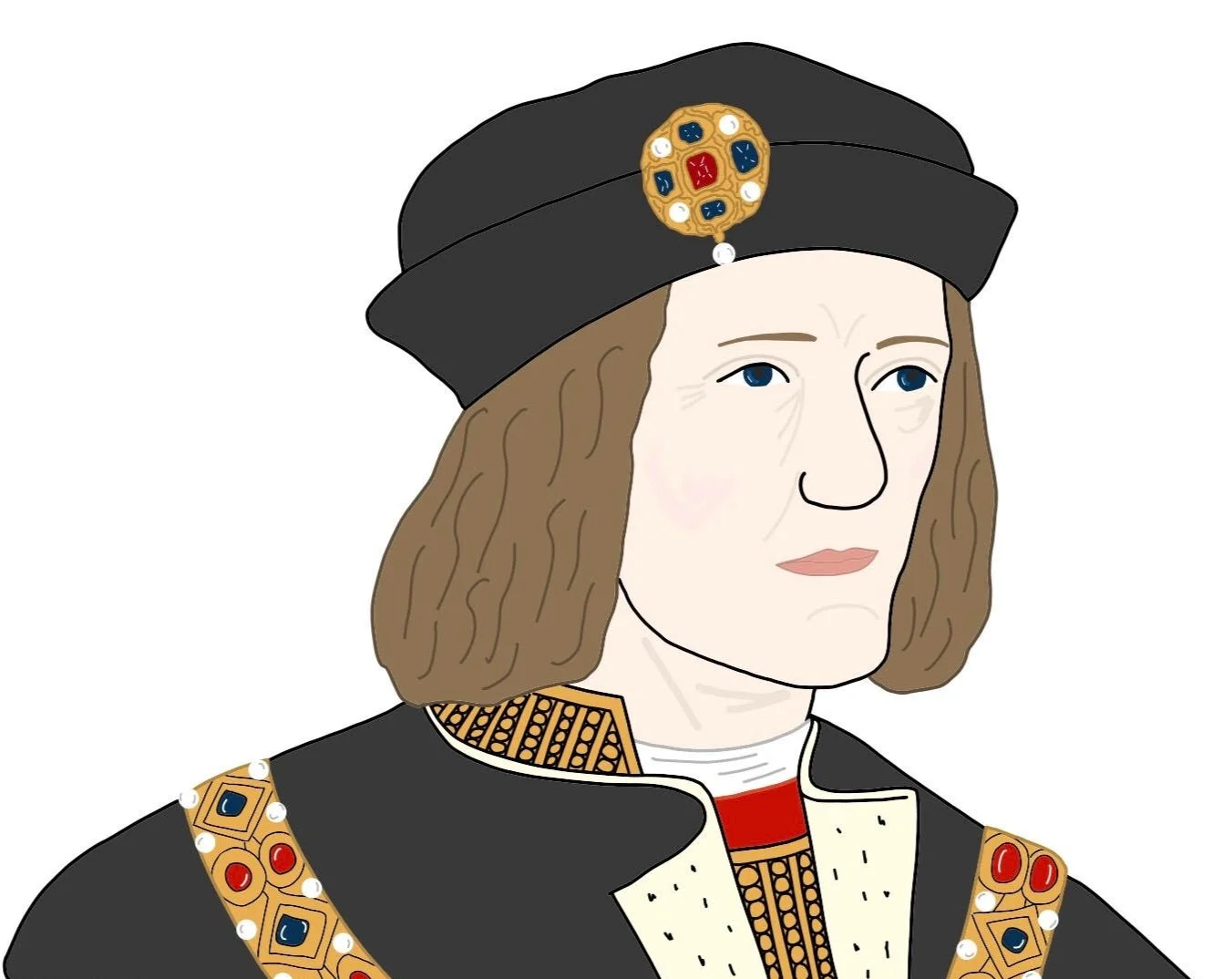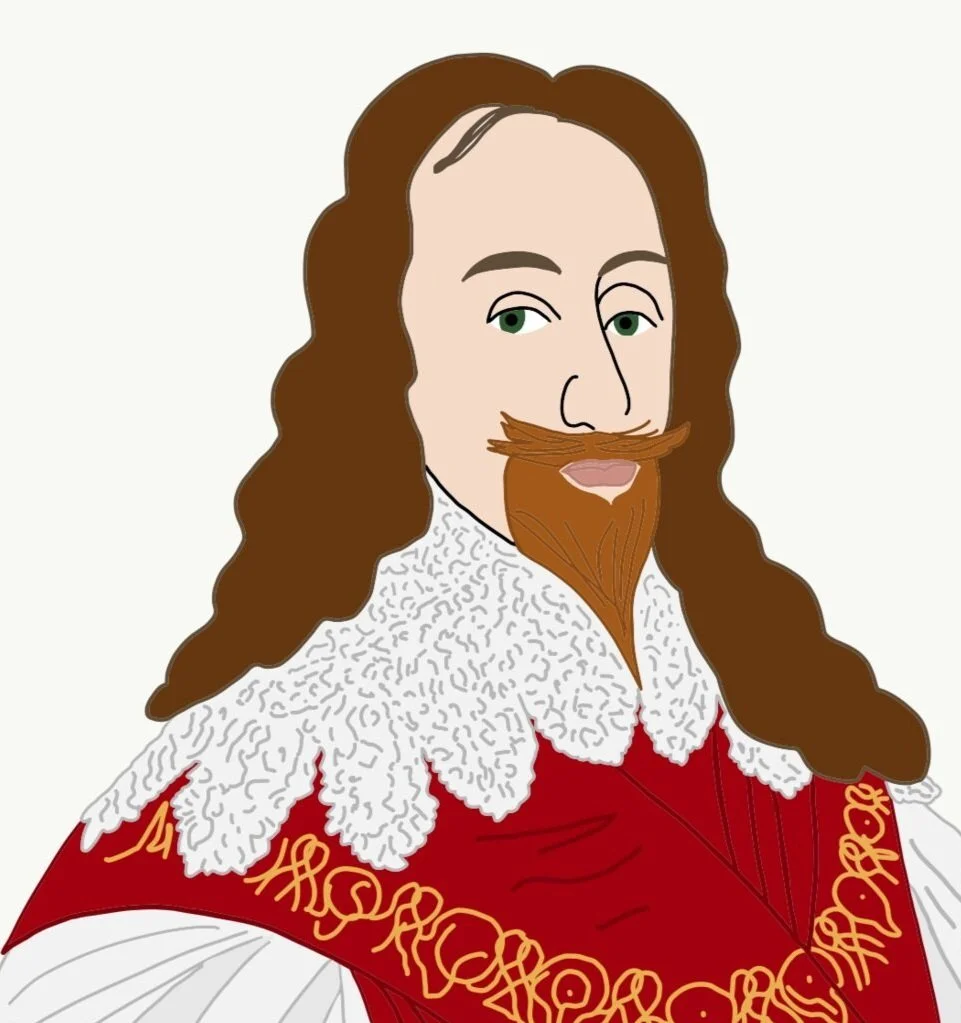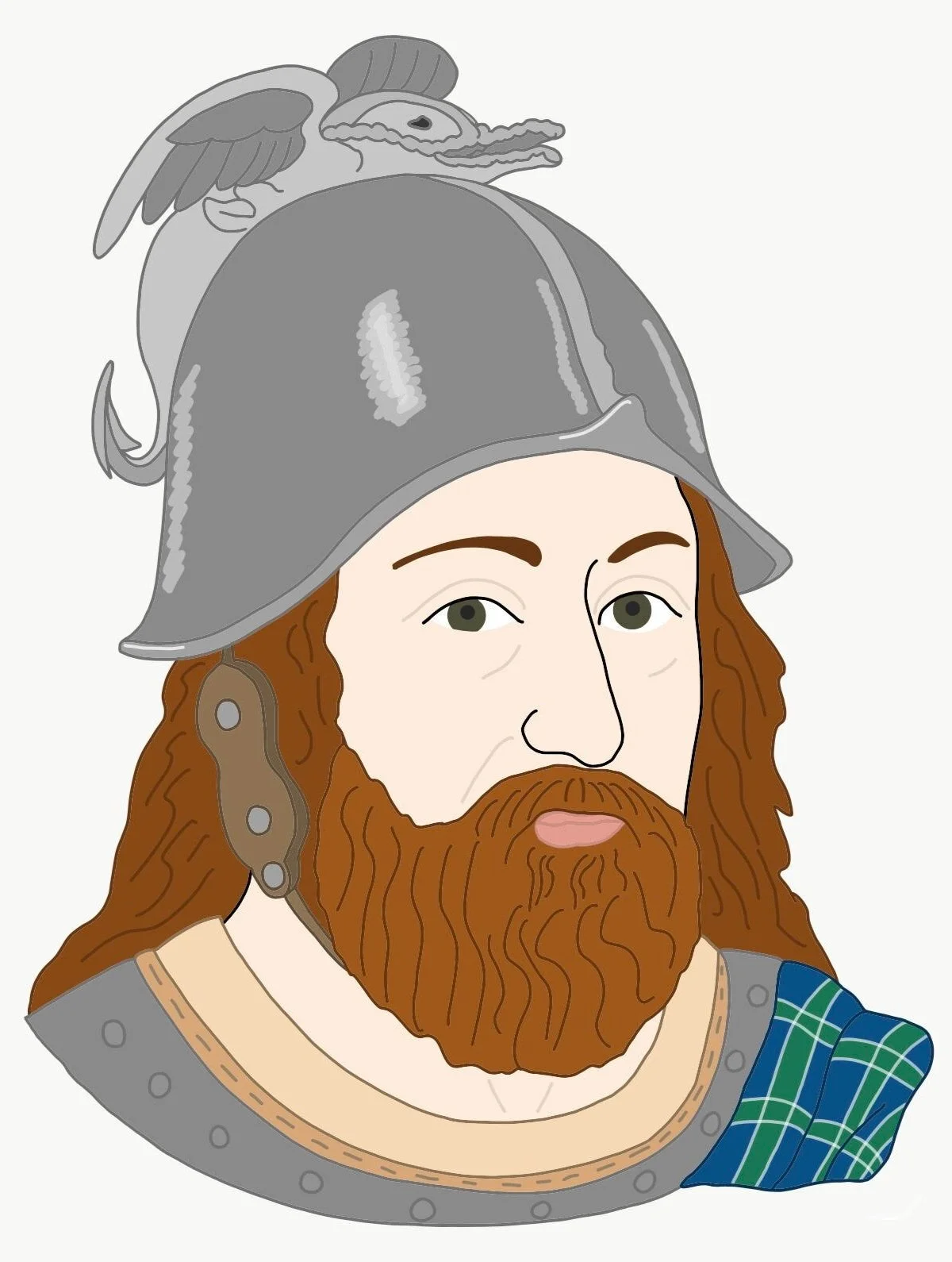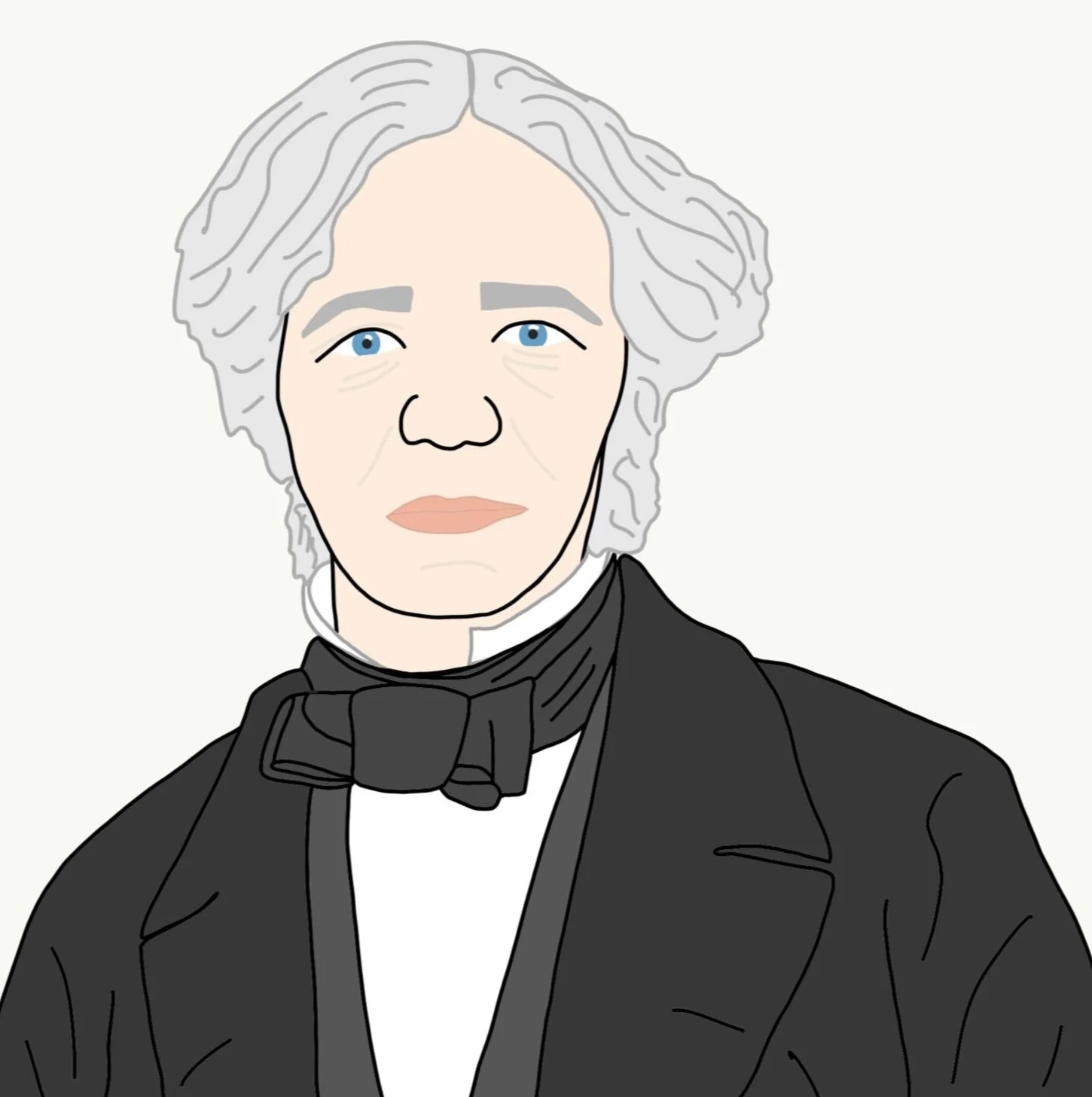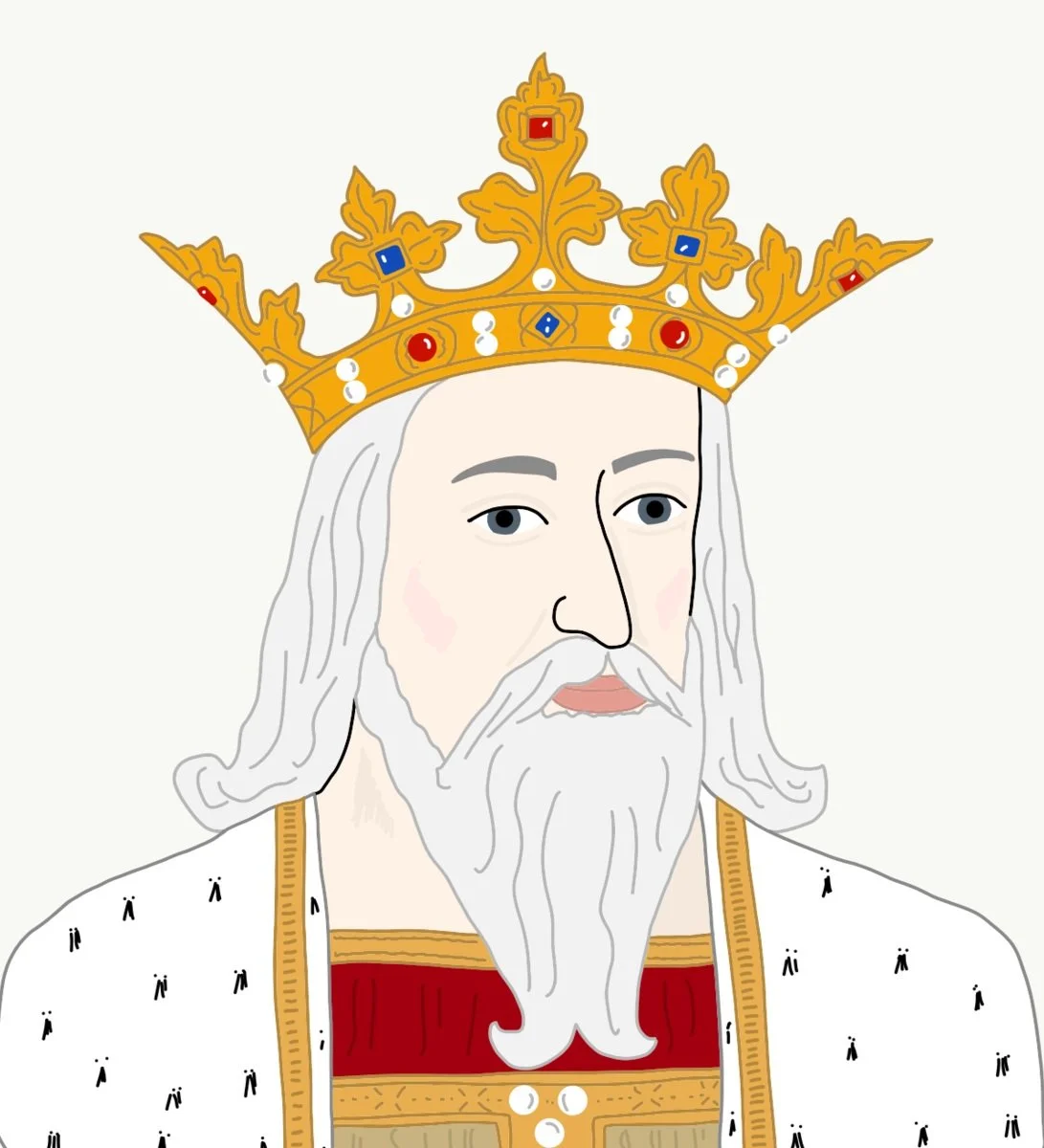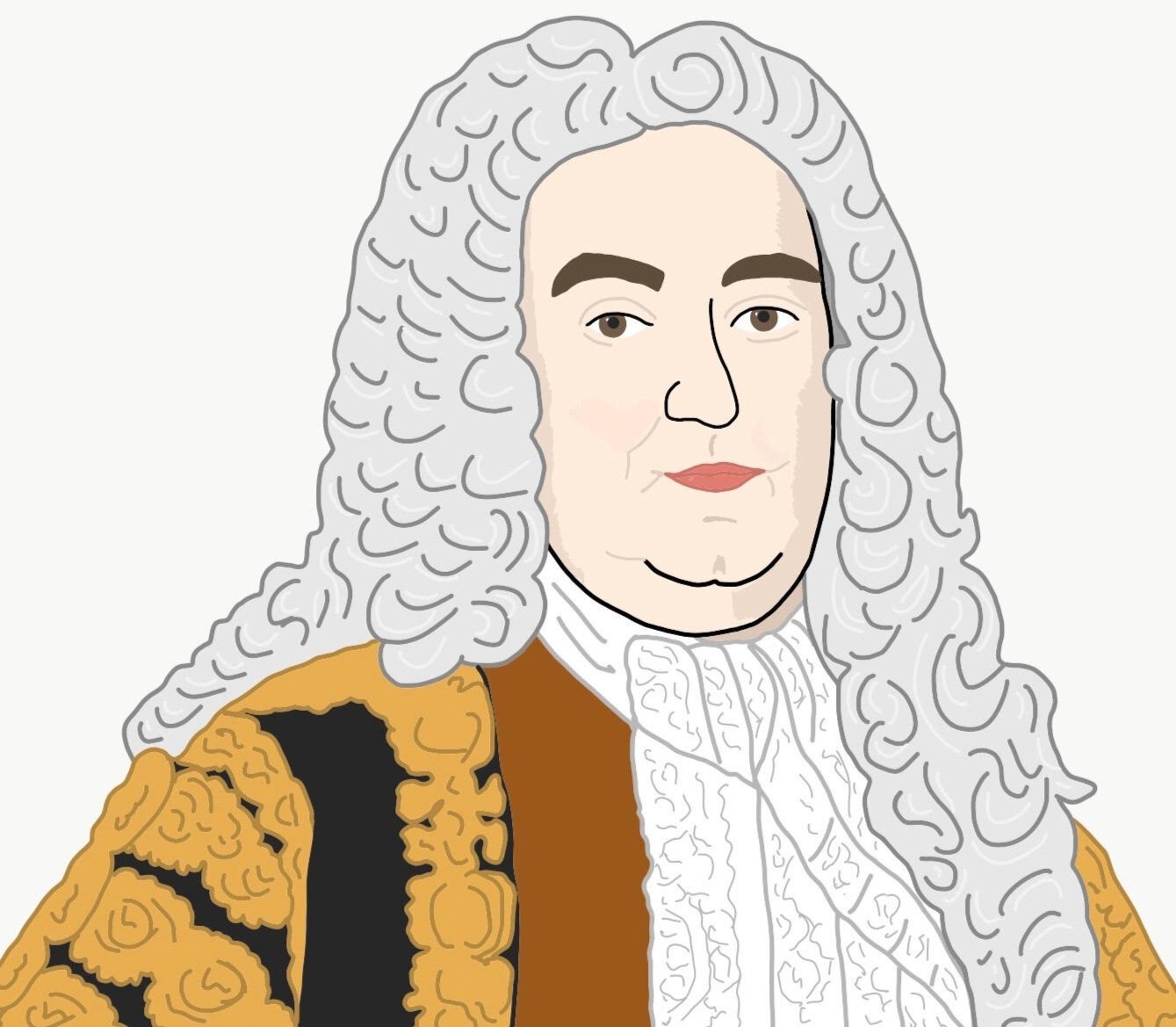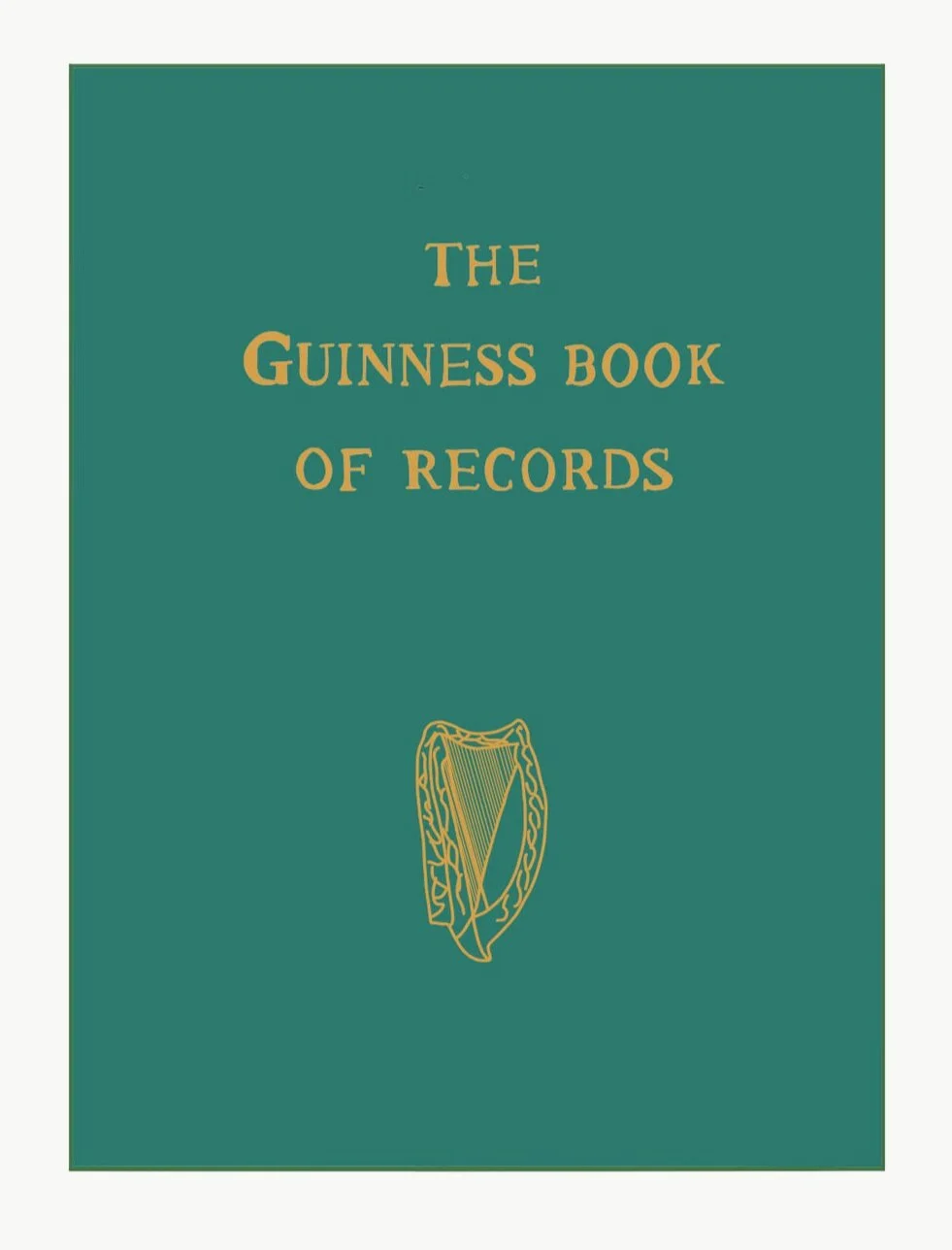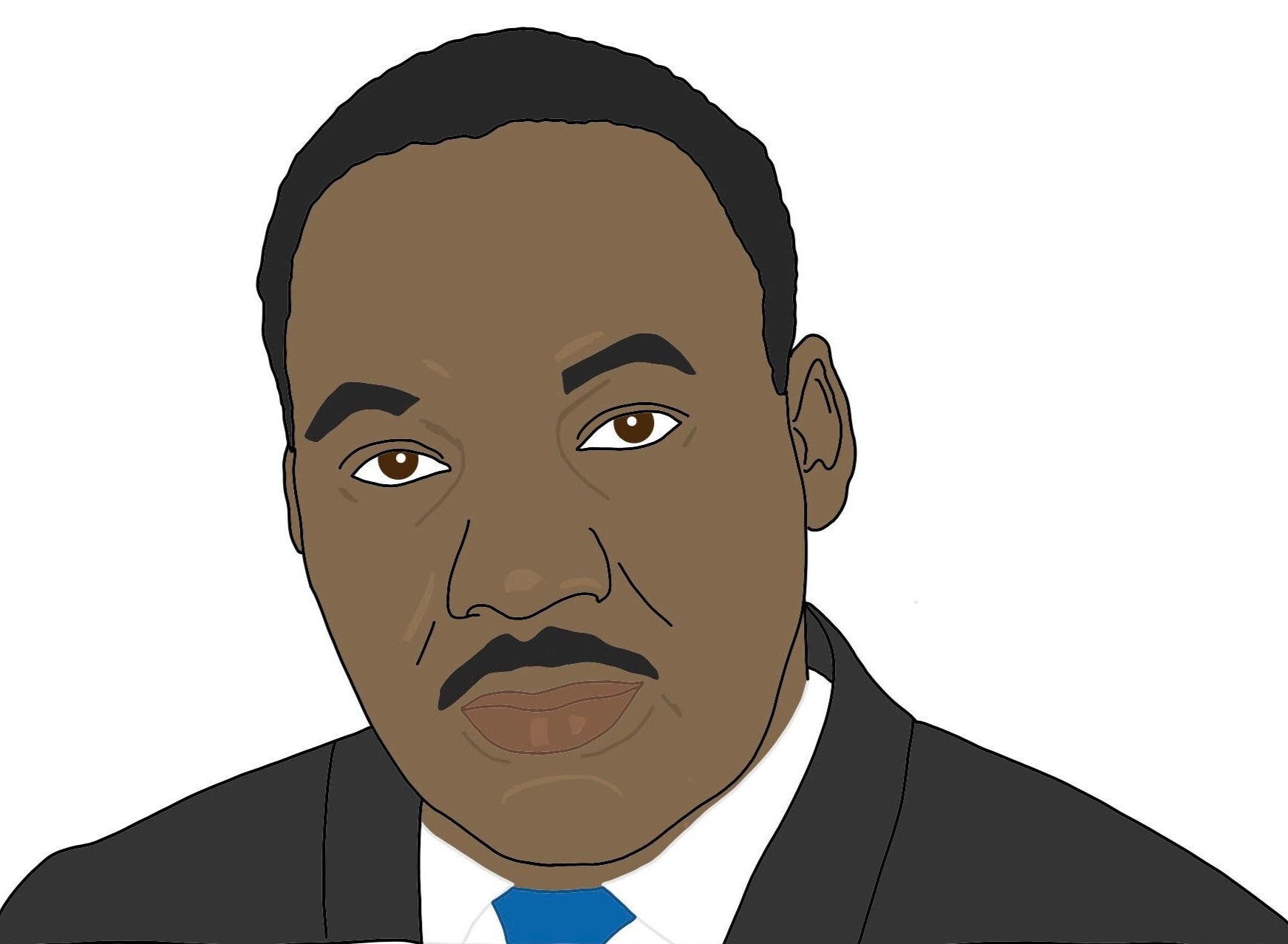August 22nd - 28th
“A busy week in history with two major volcanic eruptions; the start of a civil war; the end of the longest reigning dynasty and the start of the most famous one in English royalty; Prime Ministers; executions; captures; and a Dream...”
On 22nd August…
1138 - The Battle of the Standard took place just north of Northallerton, Yorkshire. A Scottish army of 16,000 men led by King David I of Scotland fought 10,000 English troops in an attempt to gain lands and overthrow King Stephen. David’s plan was to replace the English king with his niece Matilda, the daughter of the former King Henry I and rightful heir to the English throne. Despite King Stephen and the majority of the English army being occupied in battle in the south of England with , the English troops defeated the Scottish army in a short space of time.
King Richard III dies at Bosworth Field
1485 - King Richard III was killed at the Battle of Bosworth Field bringing an end to the Wars of the Roses. He was the last English monarch to die in battle. The Wars of the Roses were between House York and House Lancaster over the right to the English throne. When Richard died his crown was found lying in a bush and placed upon Henry Tudor’s head. Henry became King Henry VII and married Richard III’s niece Elizabeth Woodville (daughter of King Edward IV) uniting the two warring families. To ‘advertise’ their union Henry VII designed the Tudor rose, incorporating the White rose of York and the Red rose of Lancaster into one rose.
King James VI is captured and held prisoner
1582 - King James VI of Scotland was captured whilst on a hunting trip by William Ruthven. James was only 17 years old and there were questions over his dedication to the Protestant cause.
He was held captive for ten months before escaping by lulling his captors into a false sense of security. On his escape and return to power King James originally pardoned William Ruthven but later ordered his execution.
King Charles I raises his flag and starts the English Civil War
1642 - The English Civil War began when King Charles I raised his royal standard (flag) at Nottingham.
On 23rd August…
93CE - Gnaeus Julius Agricola the Roman General and Governor of Britain died. During his rule of Britain, he conquered Wales and Northern England.
Scottish leader William Wallace is executed
1305 - William Wallace was executed in London for high treason. William Wallace was a leader in the Scottish Wars of Independence and was captured by English soldiers after being betrayed by a friend. He was hanged, drawn and quartered, and his remains were transported across the country. His limbs were put on display in Perth, Berwick on Tweed, Stirling, and Newcastle upon Tyne as a deterrent to all rebels.
1914 - Japan declared war on Germany in World War I in respect of its 1902 alliance with Great Britain.
On 24th August…
Mount Vesuvius erupts in Italy
79CE - Mount Vesuvius erupted burying the Roman cities of Pompeii and Herculaneum under its volcanic ash. The cities and their people were preserved under the ash that rained down on them. Archaeologists have found buildings, roads, pots, jewellery, coins, artwork and even paper at the two sites.
1198 - King Alexander II of Scotland was born in Haddington, East Lothian, Scotland. His father was King William I of Scotland. Alexander became king at the age of 16 and ruled for 35 years. He maintained peace with England during his reign and strengthened the Scottish monarchy.
William Wilberforce, campaigner for abolition of slavery, is born
1759 - William Wilberforce was born in Hull. He became a member of Parliament and is most famous for his tireless campaigning for the abolition of slavery.
On 25th August…
Galileo demonstrates how to observe the planets using a telescope
1609 - Galilei Galileo demonstrated his first telescope to lawmakers in Venice. His telescopes helped him to observe the other planets and led him to agree with Nicolaus Copernicus that the earth did indeed revolve around the sun. Galileo spent the last ten years of his life under house arrest because his views of the universe differed to those of the Catholic Church.
1688 - Henry Morgan, the Welsh pirate and privateer (pirate working for the government) died. Henry Morgan operated in the Caribbean seas with the unofficial support of the British government where he undermined Spanish authority, plundered their ships and raided their wealthy settlements on the Caribbean islands.
Captain Cook leaves England in search of Australia
1768 - Captain James Cook left Plymouth, England on his first voyage aboard his ship the Endeavour. He was headed for the Pacific Ocean to observe the planetary transit of Venus and to secretly search for a large southern continent - now known as Australia.
Michael Faraday dies
1867 - Michael Faraday died at Hampton Court where he had been given rooms to live in recognition of his contribution to science. He was an English scientist whose discoveries and inventions formed the foundation of electric motor technology.
1875 - Matthew Webb became the first person to successfully swim the English Channel from England to France. He began his swim on the 24th August and finally touched ground in Calais on the 25th. It took him 22 hours.
1914 - At the beginning of World War I German troops began to burn and loot the Belgian town of Louvain. Their destruction and rampage continued for five days, killing a large number of its population including women and children.
1944 - After four years of Nazi occupation the city of Paris was liberated during World War II. On the 19th August Resistance fighters and ordinary civilians began a week of anarchy, rebelling against the Nazi occupiers in the anticipation of Allied troops arriving soon. Train drivers, policemen and other workers went on strike; men in small groups began attacking German soldiers; barricades started going up. Gradually entire neighbourhoods were reclaimed. Allied troops that were heading straight for the German border diverted their journeys via Paris and on the evening of 24th August the first troops arrived to help the resistance. By 2:30pm on the 25th August, the Nazi occupiers had surrendered and Paris belonged to the French once more.
On 26th August…
King Edward III victorious at Crecy
1346 - King Edward III of England defeated King Philip VI of France in an early battle of the Hundred Years War at the Battle of Crecy in Northern France. Edward was intent on exerting his claim to the French throne via his mother, Isabella of France. Positioning his troops in a defensive formation, Edward’s heavily outnumbered English soldiers easily defeated the French using their longbows to rain down arrows on each and every cavalry charge the French sent to attack. By the end of the day Edward III could number his fallen at around 300 men compared to around 14,000 French.
Britain’s first Prime Minister is born
1676 - Robert Walpole, the first British Prime Minister, was born in Norfolk, England.
On 27th August…
Krakatoa erupts causing chaos
1883 - The volcano Krakatoa erupted on the island of Rakata near Sumatra, Indonesia. The eruption could be heard 2,200 miles away in Australia. The blast created 120-foot-high tsunamis which killed 36,000 people on the nearby islands of Java and Sumatra.
1916 - Romania declared war on Austria-Hungary during World War I. Its main motivation was the opportunity to claim the region of Transylvania from Austria-Hungary which had a majority population of Romanians.
Are you a record breaker?
1955 - The Guinness Book of Records was first published in Great Britain. It was an immediate success and has continued to be a best seller every year. Are you in the Guinness Book of Records? What is your record?
On 28th August…
Scotland defeats Charles I at Battle of Newburn
1640 - The Battle of Newburn between England and Scotland in the Second Bishop’s War took place. The Bishop’s Wars were in retaliation to King Charles I’s attempts to reform the Scottish church by forcing a new book of prayer on it and bringing it into unison with the English church. Scotland won the battle and proceeded to occupy the city of Newcastle asking to be paid before they would leave. King Charles was forced to ask Parliament for financial aid which eventually led to his downfall and the English Civil war.
1833 - Britain’s Slavery Abolition Act became law after the Act was given royal approval by King William IV.
‘I have a dream…’
1963 - Martin Luther King Jr delivered his famous speech, “I have a dream…” in Washington DC, USA to a crowd of around 200,000 people. The crowd had been demonstrating against racial discrimination, and for civil rights, equality and freedom. The speech has become one of the most iconic speeches in American history and is recognised around the world.
1994 - For the first time, thousands of shops across England and Wales opened legally for trading on Sundays. Large shops over 280m² in size are only permitted to be open for a maximum of six hours continual trading between the hours of 10am and 6pm, smaller shops can open for as long as they wish.
